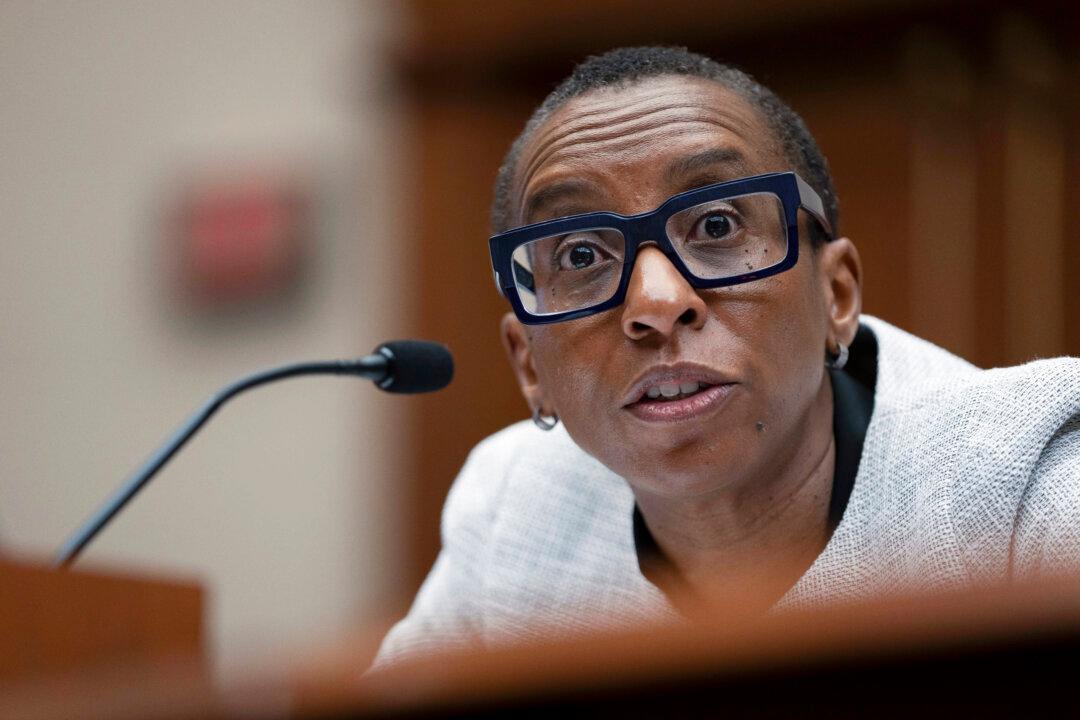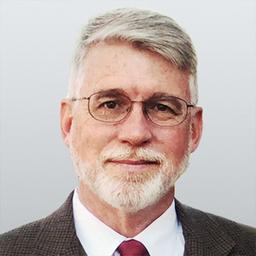Commentary
For many years, the United States has been effectively a technocracy, run by unelected “experts.” Former Harvard president Claudine Gay’s fall from grace may mark the end of that era.
Technocrats have long told us what we can and can’t do, what we’re allowed to own, what our kids must learn in school, and so on. For the most part, we never voted for any of that, yet we have gone along docilely, not noticing or not caring or, at best, unwilling to make waves.The result has been the rise of self-selected “experts,” the credentialed class, who exist primarily to impose their will on others. Their ranks have swelled recently with the exponential growth of government and education bureaucracies and the emergence of “academic” programs designed not to increase knowledge but to feed those bureaucracies.




